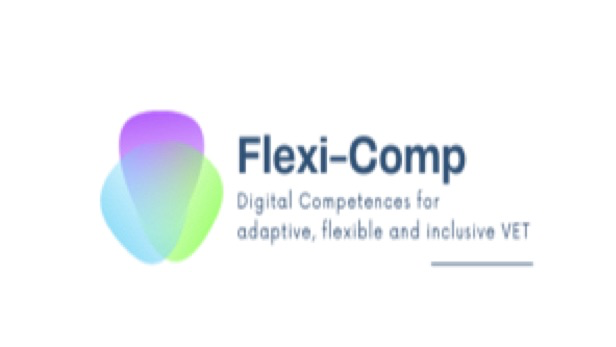
The COVID-19 pandemic took virtually everyone by surprise. In the face of unprecedented disruption to work, life and well-being, one of the key features of the response to COVID-19 disruption was the rapid acceleration of digital technologies into all aspects of human activity – from shopping through education to medical consultations. Many people were left behind as a result of this shift – from families on low income with no means to afford the digital tools needed for home schooling to older people who did not know how to access health services online. In this context, there is a need for education and training systems to become more flexible and resilient so as to deliver high quality and inclusive learning particularly for those affected by ‘dual exclusion’ – the process through which structural inequalities are exacerbated by lack of access to digital technologies and digital skills. This process of re-adjustment needs to start with educators. European educators need to acquire the digital and pedagogical competences needed to deliver more flexible, adaptive and resilient solutions to meet future new challenges and realities – particularly the competences needed to work effectively with people who suffer ‘dual exclusion’, and who need support to transition into a rapidly evolving digital economy.
FLEXICOMP – “Digital Competences for adaptive, flexible and inclusive vocational education and training” – uses ‘design thinking’ to deliver these new competences to capture the needs, lived experience and ‘critical incidents’ faced by people who are digitally left behind; co-design methods to develop the pedagogy for the training programme and a combination of micro-learning, blogging and an interactive game to deliver it.
Partners
Co-ordinator: Arcola Research, UKUn
University of Salamanca, Spain
Spherical Pixel, Spain
Smart Bananas soc. Coop, Italy
EVBB, Germany
Hogskolan I Skovde, Sweden
Funded by the Erasmus+ programme of the European Union, Project 2020-1-UK01-KA226-VET-094538